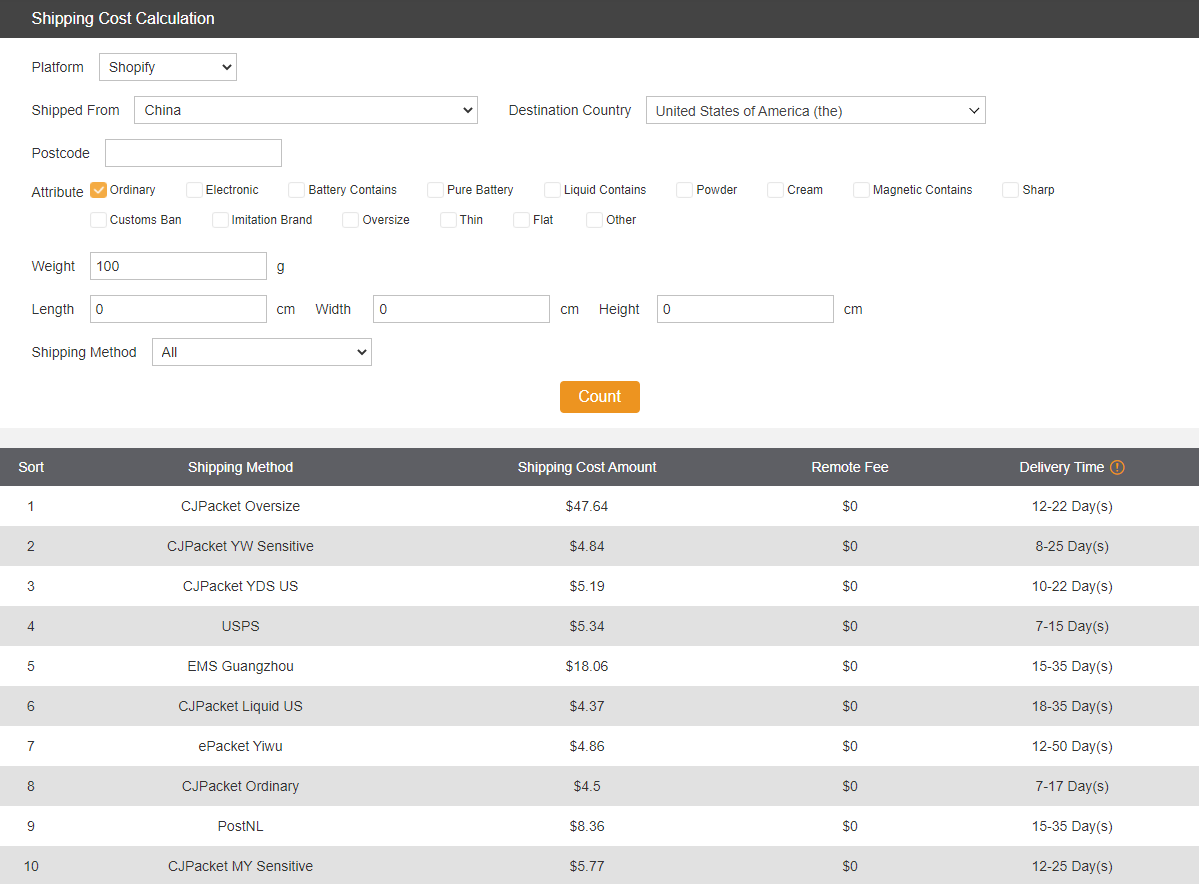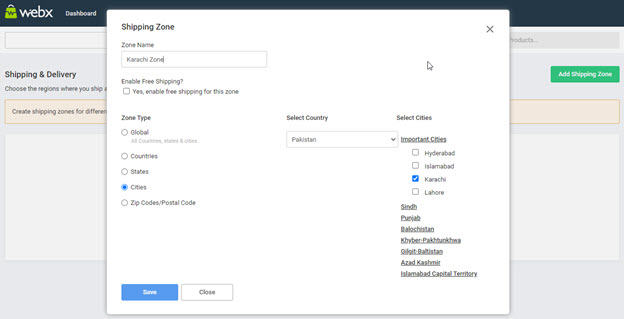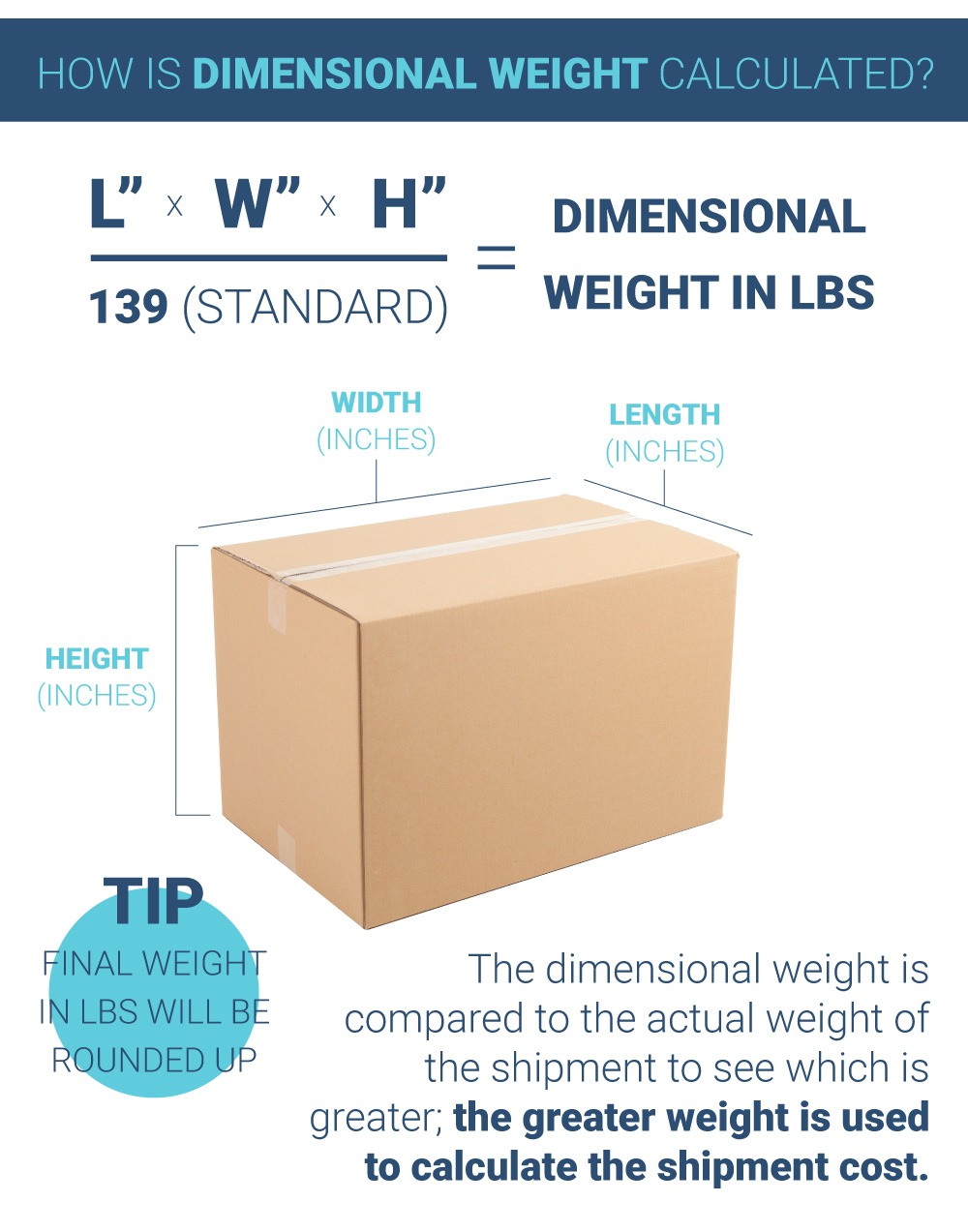Shipping Estimates: A Complete Guide for Your Online Business
Shipping is a crucial aspect of any e-commerce venture. It's the final leg of the customer journey, the last touchpoint before a customer receives their package. Getting this right is paramount to customer satisfaction and business growth. This article digs deep into the essential aspects of shipping estimates, including factors you need to consider. (Think of it as your ultimate shipping guide!)
Understanding Shipping Estimates
Shipping estimates are forecasts of how much it will cost to send a package from one place to another. Knowing the estimated price upfront is helpful. This transparency will avoid surprises at the checkout. It impacts customer decision-making.
Key Factors Affecting Shipping Estimates

Source: ytimg.com
- Origin and Destination Locations. These points are essential.
- Weight and dimensions of the package.
- Shipping method chosen.
- Shipping carrier‘s specific rates.
- Insurance and handling. Some have fees
- Potential customs and duties. Foreign shipping adds complexity.
Shipping Cost Calculations – Step-by-Step
- First, measure dimensions and calculate the volume of your item(s). (Cubic centimetres or similar).
- Then calculate the weight. This is vital.
- Choose the carrier – FedEx, UPS, DHL, etc. Different carriers use different formulas for shipping costs.
- Next, look up your shipping quotes from your selected shipping companies using the dimensions, weight, origins and destination.
- Use carrier portals to input these details, checking for updated costs or additional requirements.
- Final calculation includes all factors including insurance etc.
Accurate Shipping Estimation Strategies
Precise estimates are crucial for your customers to make informed purchase decisions. Customers expect realistic estimations to choose or reconsider orders.

Source: aliyuncs.com
Pre-calculation Checkpoints
- Check package size. Don’t forget dimensions.
- Estimate shipping costs, looking for the best carrier option for you.
- List variables in a document that may alter shipping (Insurance needs, special handling).
- Always confirm estimated delivery times.
- Use tools to streamline estimations.
Utilizing Shipping Calculators – Pro-Tips
- Different tools provide different calculation outputs based on variables.
- Compare rates from various services on an equal basis. Understand what you are paying.
- Evaluate options carefully before finalizing decisions. Many sites will list available choices!
Implementing Effective Shipping Estimates
Implementing these strategies can dramatically improve your online business, ensuring accuracy.
Integrating Shipping Estimates into your Online Store

Source: webappick.com
- Use readily available shipping integrations on platforms like Shopify, WooCommerce etc., making it convenient. These platforms handle many estimations.
- Make real–time estimates to help avoid any unexpected changes or errors, that occur in the background.
- Ensure easy-to-use interfaces where customers easily get quotes at various stages of the process. Think “What happens here” steps clearly explained on page.
Common Issues with Incorrect Estimations and Possible Solutions
- A possible problem could be the wrong calculation inputs, meaning check size & weights or any input from customers that might need verification.
- A way around this would be using shipping estimate platforms for calculation. Look up rates or get better integrations to ease these concerns for customers.

Source: webx.pk
Importance of Accurate Delivery Expectations for Customers
Accurate estimations builds customer confidence. Providing correct shipping timelines are crucial, setting customer expectations appropriately to build trust.

Source: opas.com
Tips for Ensuring On-Time Delivery
- Always follow your shipping providers guidelines.
- Check the tracking progress frequently. Customers enjoy knowing where things are. Trackability, ease and insight is valued by buyers.
- Inform clients about potential delays ahead of time. Honesty wins hearts (unless there are hidden, extreme risks).
Understanding Different Shipping Methods – pros/cons
- <b>Standard shipping: affordable, not super fast.
- Express shipping: rapid, slightly pricier, good for urgency, some destinations only support specific services.
- Courier shipping: often costly for a dedicated courier. Useful for urgent packages.
- International shipping: international estimations are often more intricate (shipping policies are sometimes complicated). Get thorough understanding for specific regions if you are shipping international.
Choosing the Right Shipping Partner
Selecting reliable shipping carriers, that suit your business goals is paramount. Some carriers do international more efficiently or are known to meet customer requirements easily.
Comparing Shipping Carriers for Best Value
- Check for availability, services available (size and speed options)
- Assess carrier fees & any hidden costs – always understand all details for pricing transparency.
- Review shipping timeframes or how much time is taken for carriers for delivery. Verify estimated dates from all options compared to meet estimated target dates.
Questions to Ask Shipping Carriers before Partnership
- What are your service options?
- What pricing models do you offer? Are there volume discounts?
- How are package insurance services or risk management handled?
- Can you provide proof of previous and comparable work if relevant, ensuring your client receives reliable service?
Conclusion: Mastering Shipping Estimates
Mastering shipping estimates is vital for e-commerce success. Getting estimates correct has big, visible impact.
Thoroughly examining all variables (sizes, costs, speeds and more, even considering destination!) empowers you to give realistic shipping times and costs, keeping customers happy and building trust in your business.
A good system is your success engine. A system that estimates correctly, leads customers with trust.
(This information aims to provide a solid overview. Consult with specialists or professionals for personalized strategies that directly cater to your unique business requirements.)



